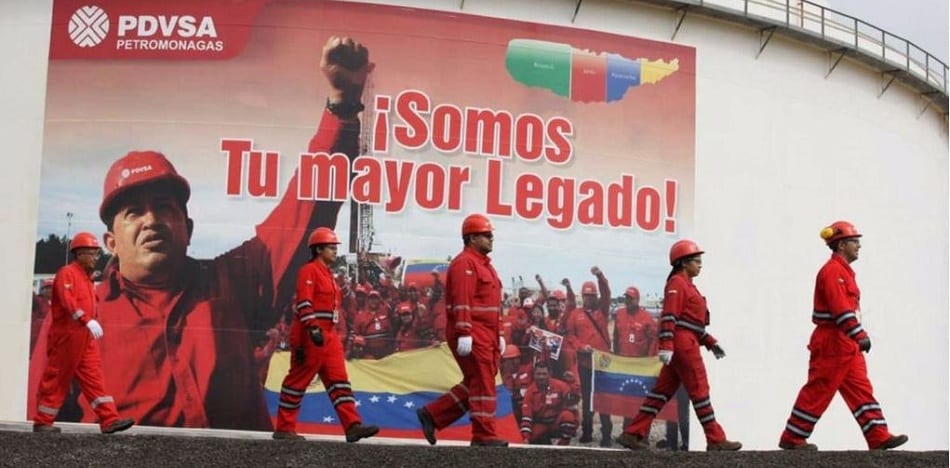RIO DE JANEIRO, BRAZIL – The latest monthly report of the Organization of Petroleum Exporting Countries (OPEC) shows a decline in Venezuelan production from 555,000 barrels per day (bpd) in May to 356,000 barrels in June.

Venezuela‘s oil production has been steadily declining for three years, from an average of 1.911 million bpd in 2017 to 1.354 in 2018 following the US sanctions against the state-owned Petróleos de Venezuela S.A. (PDVSA) in August 2017, and in 2019 the country was additionally subjected to an oil embargo and a general ban on any transactions with Venezuelan state companies.
After declining during the year, production stabilized in the last quarter and reached an average of 796,000 bpd.
In 2020, the US Treasury imposed further punitive measures to cut off Venezuela’s main source of revenue and applied secondary sanctions to two Rosneft subsidiaries. The Russian energy company was forced to close down its operations in the South American country and transfer its assets to a Kremlin-owned holding company. Rosneft shipped and transferred up to 60 percent of Venezuela’s oil production.
Secondary sanctions, coupled with low oil prices and shrinking global demand due to the Coronavirus pandemic, forced PDVSA to suspend production in several projects and joint ventures, because the company did not have sufficient storage space for unsold crude oil.
The struggling state-owned company could be given a brief respite: According to media reports, Reliance Industries, India’s largest private company, will ship the first cargo in months as part of an oil-diesel swap deal. Both Reliance and the NGM Energy shipping company stressed that the transaction is being “monitored” by US authorities.
The Indian refinery giant helped to stabilize the Venezuelan oil industry in the last quarter of 2019, before the threat of secondary sanctions led it to suspend its operations with the PDVSA.
Washington then further intensified its measures, targeting shipping companies and ships.
The sanctions imposed on the shipping companies Delos Voyager Shipping, Sanibel Shiptrade and Adamant Maritime (Marshall Islands) and Romina Maritime (Greece) were lifted only after the latter agreed to suspend all dealings with Venezuela. Several other companies facing or threatened with sanctions for shipping Venezuelan oil over the past 12 months also pledged to do likewise.
The US Special Representative for Venezuela, Elliott Abrams, is certain that the sanctions policy is having the intended result. “You will see that most shipowners and insurance companies will simply turn their backs on Venezuela,” he told Reuters news agency.
The Treasury Department is also urging the relevant authorities to revoke the certification of ships violating US sanctions. This would result in the loss of insurance coverage for both ship and cargo due to breach of contract.
A shipping industry source quoted by Reuters said that the US measures against Venezuela have led to considerable uncertainty in the merchant shipping industry.
Abrams, known in Washington as a neo-conservative hardliner and key political architect behind the US wars in Iraq and Central America, vowed to continue to target Venezuela’s battered export market: ” Some people are failing to cooperate. We will hunt the ship, the owner, the captain.”

